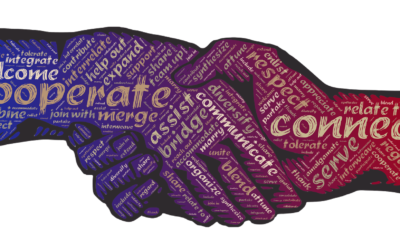CEO & Managing Partner of Hanold Associates

Jason Hanold
CEO of Hanold Associates in Chicago Based in the greater Chicago area, Jason Hanold is the CEO and managing partner of leading executive search firm Hanold Associates. He works closely with clients to identify and hire diverse candidates for chief HR officer, chief people officer, board director, and DEI leadership roles. Read More
How HR Leaders Can Support Employees’ Mental Health
Mental health significantly affects workplace productivity, engagement, and job satisfaction. Mental health issues like stress, anxiety, and depression can detract from an employee’s ability to perform effectively. Addressing these challenges not only supports...
This Is How to Use Data Analytics for Strategic HR Decision-Making
Recently, data analytics has emerged as a game-changer in various parts of the business world, including human resources (HR). The ability to harness data for strategic decision-making is transforming how HR leaders manage talent, improve employee engagement, and...
The Most Effective Communication Strategies for HR Leaders
Effective communication is an essential skill for HR leaders. It helps to build trust, foster collaboration, and ensure the overall success of an organization. As an HR leader, your ability to communicate clearly, empathetically, and strategically is essential not...
How to Address Workplace Conflict As An HR Leader
Conflict within the workplace is an inevitable reality. HR leaders must be adept at navigating such conflict to maintain a harmonious and productive work environment. Unresolved issues can lead to decreased morale, diminished productivity, and higher turnover...
What You Need to Know about Embracing Intersectionality in DEI Efforts
The concept of intersectionality is a crucial framework within corporate diversity, equity, and inclusion (DEI) initiatives. Intersectionality is a philosophy positing that individuals have multiple social identities that intersect, interact, and shape their...
Spotlight on 3 Great Industries for Former Athletes
Former athletes often find themselves drawn to careers that align with their passion for health and wellness. Careers in fitness, nutrition, and sports medicine make for natural second careers for former athletes. Pursuing careers in these industries gives former...






